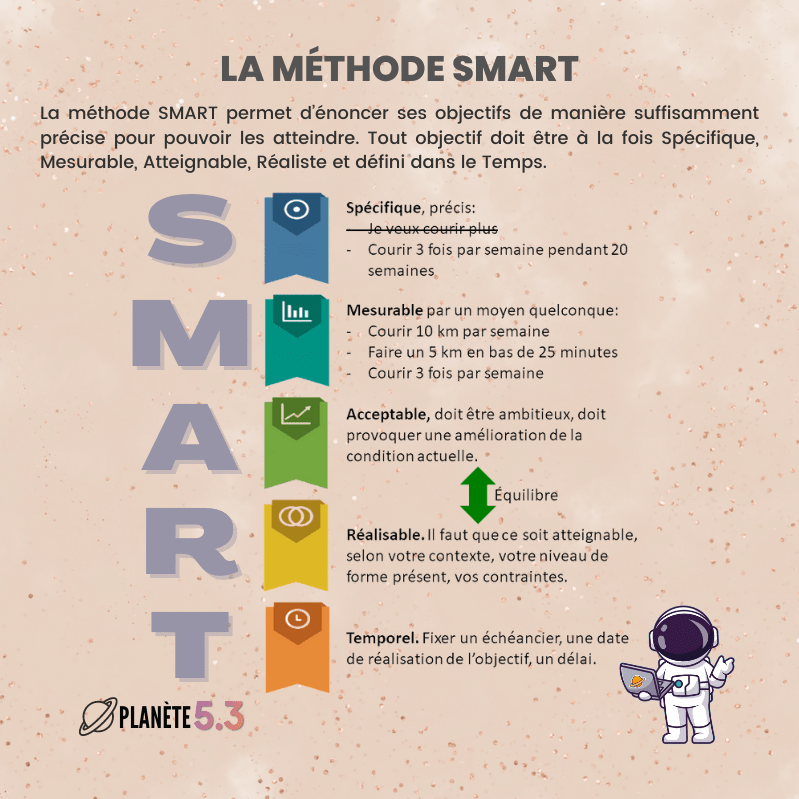
A closer look at kidney function
Every person has – if all goes well – two kidneys. Few people realize how important these organs are to us. What exactly do these bean-shaped organs do?
The kidneys are two bean-shaped organs. They lie on the back of our body between the upper edge of the pelvis and the ribs. A healthy kidney is about 12 cm long and weighs 160 grams. The kidney is an extremely smart and complex organ with some important functions.
Filter waste
The kidneys are made up of about 1 million nephrons. These are microscopic units that consist of a filter – the glomerulus – and a tube system – the tubule. In the glomerulus it is blood filtered, while this first filtrate is further processed in the tubule. Thus, on the one hand, the waste products and excess fluid are excreted through the urine, on the other hand, the substances that are useful for the body are absorbed again.
By reabsorbing salts – including potassium – into the blood to a greater or lesser extent, the kidneys keep the presence of these substances in balance. The kidneys constantly calculate how much fluid our body needs. On the basis of this, they produce a lot or little urine.
1 liter of blood flows through the kidneys per minute. The blood is supplied and drained via the renal artery and renal vein, respectively. If you consider that you have 4 to 5 liters of blood, that means that every 5 minutes all your blood passes through the kidneys.
Hormones
The urine produced passes through the renal calyx and renal pelvis into the ureter, and thus flows to the bladder. Along with the lungs, the kidneys also regulate acidity in the blood and secrete the hormones erythropoietin (EPO) and renin. These play a major role in the production of red blood cells in the bone marrow and the regulation of the blood pressure. Also vitamin D is produced by the kidneys.
Filter power
If the nephrons were not able to do their filtering work properly, we would be poisoned by our own bodies within weeks. That is the problem with the many kidney diseases that we know. In the beginning, the remaining nephrons can take over the entire kidney function, but over time the filtering capacity deteriorates. The result is that waste products build up in the blood. This only gives rise to complaints at an advanced stage, usually with nausea, itch, a lack of appetite or a bad taste in the mouth.
swollen ankles
Because water and salts often also accumulate, swollen ankles, high blood pressure and – with fluid in the lungs – shortness of breath also occur. An excess of potassium can lead to impaired contraction of the heart and skeletal muscles. Acidification of the blood can also occur.
Aging
Kidneys also age. In a healthy person of 75 years, the kidney function is only half of what it was at the age of 25. But some factors can cause kidney function to deteriorate more quickly, usually when the blood vessels in the kidneys are affected. Heart failure or poorly treated high blood pressure are risk factors. Also a te high cholesterolDiabetes, type 2 diabetes and smoking increase the risk of kidney problems.
Check
Some acute kidney diseases, including kidney stones, can be treated without damaging the kidneys. Other kidney diseases gradually affect the kidneys and can eventually lead to kidney replacement treatment, ie kidney dialysis or transplantation. When you come to a risk group it is therefore wise to have the kidney function checked regularly by your doctor and your living habits to adjust.
Sources):













